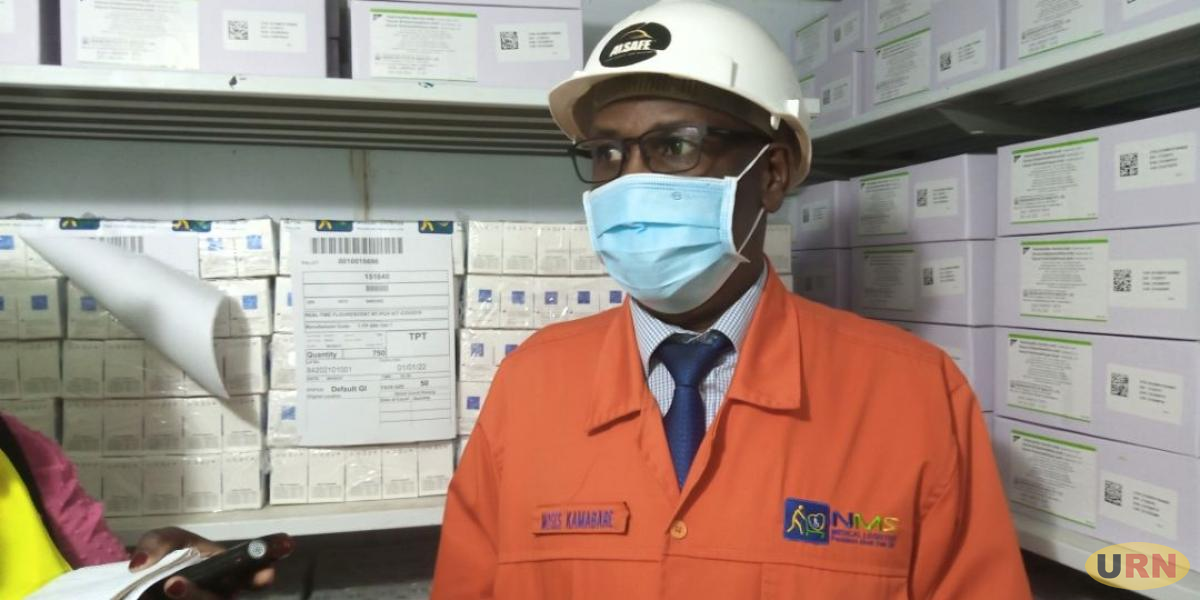The National Medical Stores, with a mandate to procure and distribute essential medicines and medical supplies to all public facilities in the country, has announced that unvaccinated staff and visitors will no longer be allowed to access its offices.
The directive takes immediate effect for staff, and start on October 18 for all other visitors. This implies that all NMS staff, who are over 350 in number, and visitors, who are usually bidders and suppliers of drugs and other pharmaceutical products must present proof of vaccination to be admitted at the NMS head offices in Entebbe.
Those who are not fully vaccinated or fail to prove that they are fully vaccinated must present a negative Covid-19 PCR test result certificate issued within 72 hours. Sheila Nduhukire, the NMS Principal Public Relations Officer, says the move stems from a presidential directive that all eligible persons must be vaccinated before the economy can be reopened fully.
Nduhukire says that COVID-19 vaccines are available to the public and therefore the move should result in people embracing vaccination. Uganda has so far received 5.6 million doses of various COVID-19 vaccines including AstraZeneca, Moderna, Sinovac, Pfizer and Johnson and Johnson. But so far, only 600,000 people have been inoculated with the two recommended jabs and up to 2.3 million people have received only the first jab.
The directive triggered mixed feelings amongst staff of the National Medical Stores, with some welcoming it as the only way to guarantee safety from COVID-19.
‘I am a medical worker. My husband is a medical worker. We both contracted COVID-19 in November last year and I almost died. So I know COVID-19 is about life and death and the only way to prevent a severe form of this disease and death is through vaccination,” a staff member said.
But some of the staff, who spoke on condition of anonymity, opposed the move. One of them, a breastfeeding mother and another who is eight months pregnant said that they never wanted to take chances without knowing the side effects of the available drugs on mothers yet the alternative is more expensive.
Similarly, Michael Aboneka, a partner at Thomas and Michael Advocates says that the directive is illegal because Uganda does not have a law to enforce mandatory vaccination. He also cites that the directive propels indiscriminate treatment of staff and the general public who might be sick, recovering or unable to access the vaccines.
Aboneka says the Attorney General and the health ministry should devise guidelines because public officers and institutions could continue denying the public services without a legal framework.
Aboneka adds that NMS and other institutions that want to block unvaccinated staff and visitors should not implement a one-size-fits-all policy especially before the country has secured vaccine doses for the 22 million Ugandans who are above 18 years.


